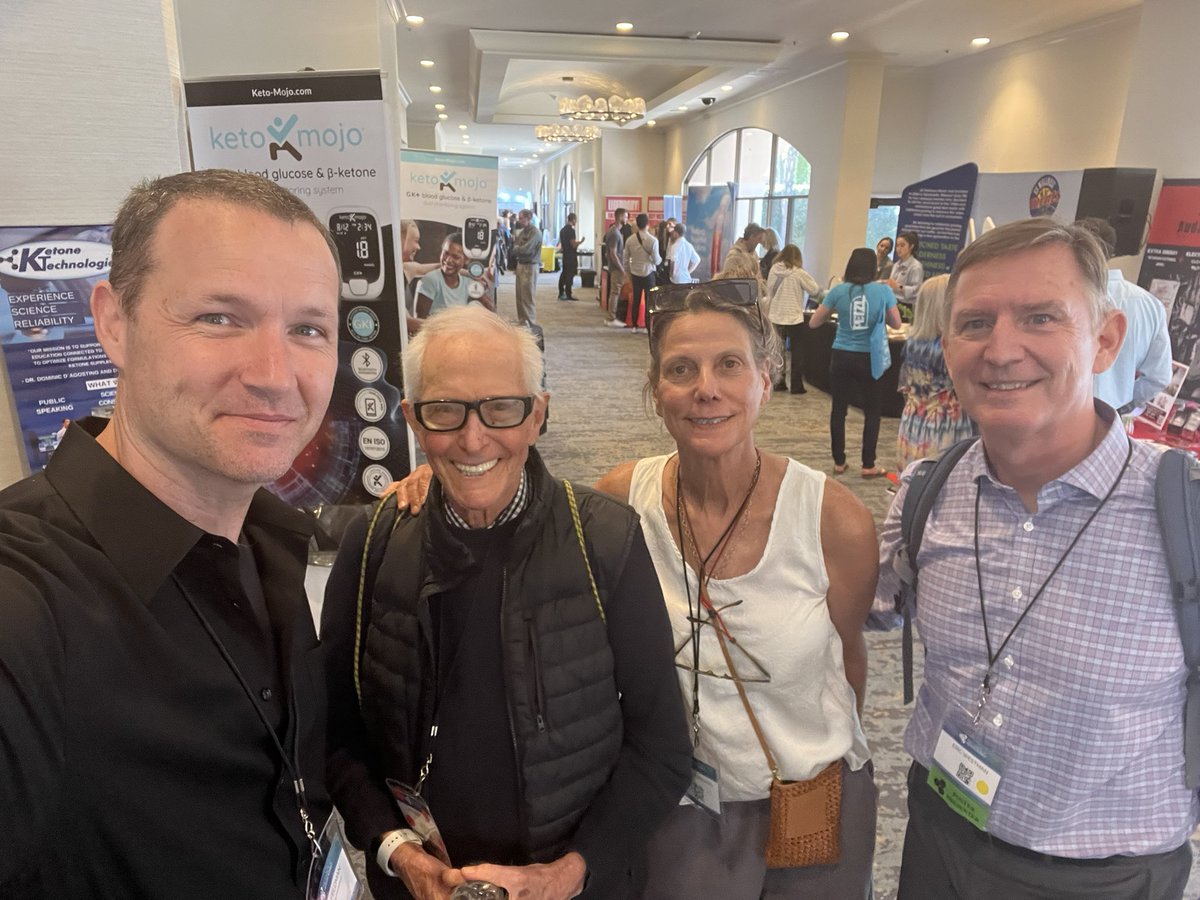
1/Last weekend at @MetabolicSummit was incredible. Really fantastic speakers and guests discussing metabolism research around microbiome, circadian cycles, muscle mass and longevity (shout out @DrRagnar) and yes, even #LMHRs got lots of airtime (props to @bschermd & @JaimeSeeman) 







2/ Wonderful to catch up with so many peeps, like the incomparable @TuitNutrition, @bschermd, @LuciaAronica, @ChrisPalmerMD — and the @DietDoctor team, @tednaiman, @LowCarbRD, @DrEenfeldt, & @bschermd. 







3/ Also, the Gala event Saturday night was bitter sweet opening with a recent, yet very inspiring interview from @DrSarahHallberg before her passing, but ending with a packed dance floor and music to finish the night. 



4/ Lastly, I want to give a special shout out to my good friend and colleague, @siobhan_huggins. Thanks for the extra arm twist to come — it was worth the added schedule-tightening. 

• • •
Missing some Tweet in this thread? You can try to
force a refresh




